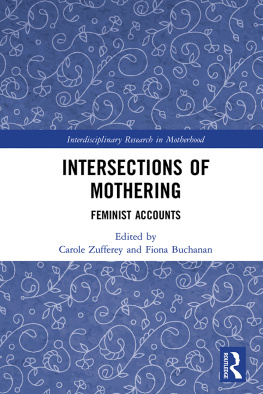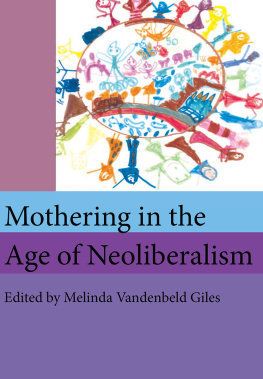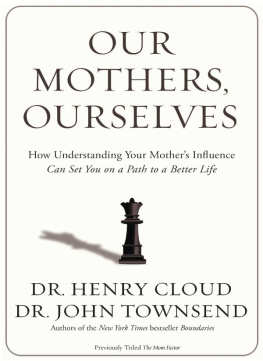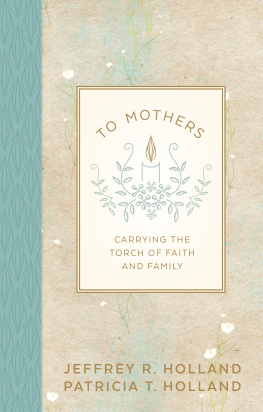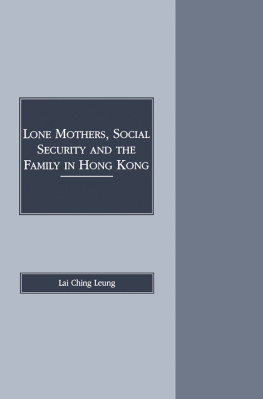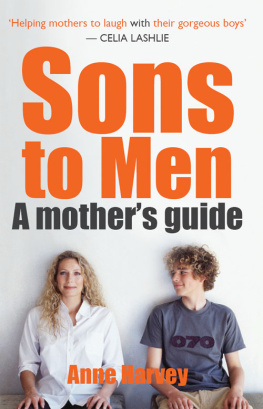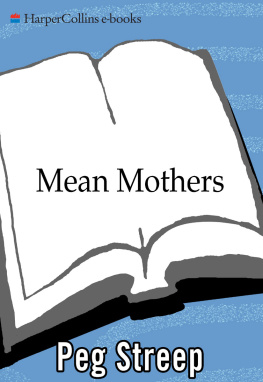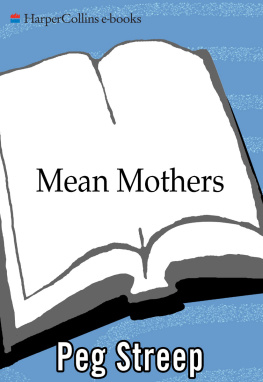In Too Deep
In Too Deep
CLASS AND MOTHERING IN A FLOODED COMMUNITY
Rachel Tolbert Kimbro
UNIVERSITY OF CALIFORNIA PRESS
University of California Press
Oakland, California
2022 Rachel Tolbert Kimbro
Library of Congress Cataloging-in-Publication Data
Names: Kimbro, Rachel Tolbert, 1978 author.
Title: In too deep : class and mothering in a flooded community / Rachel Tolbert Kimbro.
Description: Oakland, California : University of California Press, [2022] | Includes bibliographical references and index.
Identifiers: LCCN 2021033064 (print) | LCCN 2021033065 (ebook) | ISBN 9780520377721 (cloth) | ISBN 9780520377738 (paperback) | ISBN 9780520976436 (epub)
Subjects: LCSH: NeighborhoodsTexasHouston21st century. | Community lifeTexasHouston21st century. | MothersTexasHoustonInterviews. | FloodsSocial aspectsTexasHouston21st century. | BISAC: SOCIAL SCIENCE / Social Classes & Economic Disparity | SCIENCE / Global Warming & Climate Change
Classification: LCC HN80.H8 K35 2022 (print) | LCC HN80.H8 (ebook) | DDC 307.3/362097641411dc23
LC record available at https://lccn.loc.gov/2021033064
LC ebook record available at https://lccn.loc.gov/2021033065
Manufactured in the United States of America
31 30 29 28 27 26 25 24 23 22
10 9 8 7 6 5 4 3 2 1
To those who curated my own life:
Patricia, Bobbie, and Jean
Contents
Acknowledgments
I am indebted to many people who helped see this book through to fruition, most especially the three dozen mothers and one elementary school principal who trusted me to tell their stories. They stopped their recovery labor for a few hours to talk to me, and did so again a year later. Their stories are unflinching, self-reflective, and full of grief, but also reflect some joy and plenty of dark humor. They are resilient and gracious. They show us what it is to be in community with others, and how women lead during difficult times. I pray they will not have to endure another flood.
Others read drafts of chapters, provided needed encouragement, and gave me critical but kind feedback, including Isabella Furth, Naomi Schneider, Sarah Damaske, Lori Peek, Alice Fothergill, Cayce Hughes, Anna Rhodes, Zhe Zhang, Elizabeth Long, Max Besbris, Elaine Howard Ecklund, Tony Brown, Caity Collins, Sarah Bowen, Dawn Dow, and the ladies of PEO Chapter E. The sociology departments at CU-Boulder and CU-Denver were the first scholarly audience for the work. Sandra Gray and Michelle Brown provided transcription and assured me that these stories were astonishing. Special thanks are due to Jim Elliott, who offered advice, helped me make connections, and listened to me endlessly, and to Sergio Chvez, who told me long ago I should have been a qualitative scholar and believed in me from the start. My graduate studentsLaura Freeman Cenegy, Mackenzie Brewer, Catherine Boyd, Cassidy Castiglione, and Simon Ferncheered me on and forgave me when writing took too much of my time. Rice University provided financial support for the project and also granted me a years sabbatical for writing. And Elizabeth Keel, nanny, companion, and bodyguard extraordinaire, drove my children all over Houston to free up my time to write.
Finally, a word about my beloved family. My husband Rob and our teenagers Eleanor and Thomas put up with my absence during data collection and then with two years of frantic typing starting at 5:00 every morning. They listened to countless stories at dinnertime and endured my frustration and angst about the writing process. Their support and love, and their pride in my work, mean everything.
Introduction
Rebecca wasnt thinking about rain as she raced around her home on Memorial Day 2015, putting up decorations for her daughters very pink first birthday party. In just a couple of hours, more than thirty guests would descend on her modest but stylish three-bedroom ranch in the Bayou Oaks neighborhood in southwest Houston. Her husband Paul was in his usual spot, the kitchen, making food for the party. Her 9-year-old son was staying out of the chaos in his backyard hideout, a playhouse equipped with a sleeping loft and real windows. Her daughter was busy crawling around underfoot and protesting that no one was paying attention to her during the preparations. During the party, some guests mentioned the approaching rainstorm, but mostly, between bites of pink-frosted cake and sips of champagne, they chattered about mutual friends and their elementary school community. This time of year in this affluent neighborhood, the social currency was advice about which teachers to request for next year. Although requesting specific teachers was technically not allowed by the local elementary school, everyone understood that one should still try to get the best ones, and so the perceived attributes and deficits of each teacher were thoroughly discussed. Hours later, when the last of the guests had left and Rebecca had exchanged her daughters pink party dress and party hat for pajamas, she and Paul decided to clean up in the morning. After all, it was late, and they were tired; the mess could wait.
As she lay in bed attempting to sleep, Rebecca wondered why some guests had been talking about the weather. It was just a rainstorm, right? But as the rain began to drive against the roof and swoosh rhythmically against the windows, the noise woke her up every hour or so. About 1:30 a.m., she made an annoyed Paul get up and check the house to make sure it was all right; it was. Rebecca got up herself at 3:00 a.m. to check, and everything was still fine. At 5:00 a.m. her phone rang. It was the school district saying that school was canceled. Bleary-eyed, she set her phone back on the nightstand and wondered why they were canceling school. Still confused, she sat up and swung her legs over the side of the bedand felt the carpet squelch under her feet. Paul! Get up! We have water in our house! In disbelief, she and Paul slogged to the main part of the house. In the dining room, the plantation shutters on the windows were open a crack, letting moonlight in. Rebecca described what they saw:
And so you could seeunder the dining room tablethe reflection of the table in the water. So it was three standing inches at that point. And as were looking at itand Im kind of trying to wrap my head around thisone, like, solitary pink, Mylar balloon floats by in front of me. And I just looked at my husband and I went womp-womp. It was like a scene out of, like, the cheesiest movie of all time. These pathetic little happy birthday streamers everywhere. And these little balloons in the water.
Over the next year, Rebecca and Paul faced trying times as they renovated their home with the help of their flood insurance. Although together the couple earned a middle-class income, it was still difficult to scrape together the cash reserves they needed for a temporary home, their continuing mortgage payments, and the advances to the contractors as they waited on insurance money. Then, in October, five months after the flood, Paul lost his job. Rebeccas income was not enough to sustain the familys expenses after the flood; as she put it, He makes the living and I make the lifestyle. So they made careful use of the flood insurance payments to help them survive and get their home frugally finished. They moved back in seven months after the flood, right around Christmas 2015. Paul had trouble finding a new job and ended up being out of work for an entire year.


